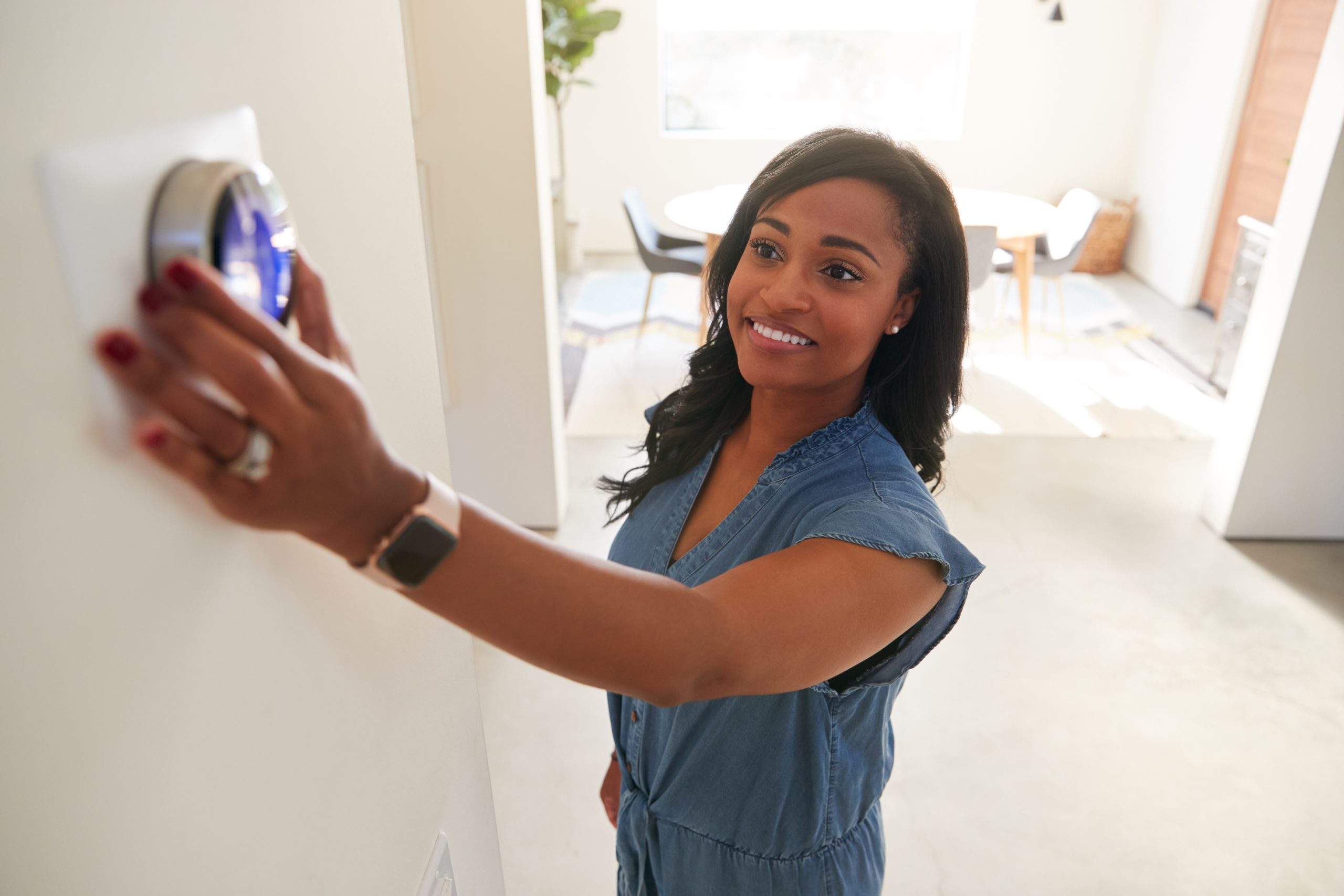30 Ways to Conserve Energy For Apartments & Condominiums

Energy spent is money spent. It’s as simple as that. And, in the long run, the higher the energy bill, the higher building owners are forced to raise their rents. By keeping energy expenditures down to a minimum, residents can do themselves a favor. Conserved energy means lower operating costs for the owner and lower expenses for the resident.
There are many energy-conserving measures which are very simple and cost nothing. They just require a little effort.
Compugas and your property manager offer the following recommendations, which have been tested and do result in energy savings. Although some of the recommendations are not applicable to you, there are many you can easily implement to cut costs.
Please take a look at the list. You may find some surprises. Start your energy savings plan today. Invest a little time. Save a lot of money.
Water
1: When operating a garbage disposal, use cold water to solidify the grease. This reduces hot water usage, saves on electricity or gas and eliminates maintenance problems.
2: Notify your janitor or resident manager immediately when a leaky faucet is noticed. A leaky faucet dripping one drop per second can waste as much as 650 gallons of water in a year’s time.
3: Use the shower rather than the tub since an average shower bath uses only 6 gallons of hot water while a tub bath uses almost 10 gallons.
Heating and air conditioning
1: Settle on a desired temperature and leave thermostat there rather than adjusting it all the time.
2: Be sure obstacles do not block registers or outlets so that the air conditioning and/ or heat can fl ow through the unit.
3: If responsible for installing your own air conditioner, install the unit where it will produce most efficiently, away from the sunny side of the building. Direct sunlight reduces efficiency.
4: Maintain thermostat controls for cooling at not less than 75° during the cooling season and heat controls at not more than 68° during the heating season.
5: If the apartment has a fi replace, close the damper tightly when you are not using it so the chimney doesn’t draw heated or cooled air from the unit.
6: Adjusting drapes, blinds or shades can act as insulation. For example, during the winter keep them open to let the sunlight warm the air and cut the heating system’s load. On summer days, close drapes on the sunny side to cut incoming heat.
7: Keep doors to the outside shut when the air conditioning is on.
8: Periodically check the filters in the heating or cooling system. If dirty, they should be cleaned or replaced. Follow instructions on equipment for correct procedures.
9: Appliances give off heat which the cooling system has to counteract, so during the hottest time of the day, minimize their use.
10: After bathing, keep door closed and turn on the bathroom exhaust fan or open the bathroom window to remove the moisture and prevent it from circulating throughout the apartment.
Kitchen
1: Keep refrigerator coil surface clean to provide maximum cooling.
2: Defrost your refrigerator when frost in the freezer compartment is about ¼ inch thick.
3: When cooking on the range a vent fan will exhaust heated air directly to the outside and relieve the burden on the cooling system.
4: The range will cook more efficiently if you match the diameter of pots and pans to those of the heating elements to prevent heat escaping into the air.
5: A refrigerator operates more economically when filled to capacity but not overloaded.
6: Do not set your refrigerator or freezer to run colder than necessary.
7: Oven heat will not circulate efficiently so don’t use the oven to quickly heat your kitchen.
8: Glass or glass ceramic baking dishes transfer heat better than metal and can be used in an oven set at 25° lower than required.
9: Less heat escapes with covered pots and pans so you can use lower heat settings.
10: Always make sure that your range is turned off after use.
11: Whether cooked in the oven, broiler or on top of the range, frozen foods will use less energy if they are removed from the freezer and thawed in the refrigerator compartment first.
12: Small appliances such as electric skillets, toasters, crock-pots, etc. are an economical way to prepare small meals since they use less electricity than the range.
13: If there is a dishwasher located in the apartment, be sure to use the correct amount of detergent and load properly for most efficient use. It is most economical to use at full capacity.
Laundry
1: Do more wash with cold and warm water cycles to save energy since the major cost item in washing clothes is the hot water used.
2: The automatic washer as well as the dryer operate more economically if used with a full load.
3: To avoid heating up a hand iron several times a day or week, iron large amounts of clothes at one time. Each warm-up consumes energy.
Miscellaneous
1: When no one is watching TV or listening to the radio or stereo for a period of time, turn them off to conserve electricity.
Turn off lights when not needed for a period of time since a 100-watt bulb burned for 10 hours uses 11,600 BTU’s.
It adds up…
In March of 1975, the Institute Real Estate Management began work on a demonstration study to measure the energy-saving effects on implementing conservation methods as applied to apartment properties.
Their study found potential annual savings in the energy conservation area of $2.4 billion annually if certain methods are followed.
Most of the methods studied were similar to the basic recommendations made in this booklet. Turning off unnecessary lights or promptly fixing a leaky faucet may not sound like sophisticated remedies for energy conservation. But, they add up. And that means more energy for everyone.
© 2003 GRH ELECTRONICS, INC. PRINTE
